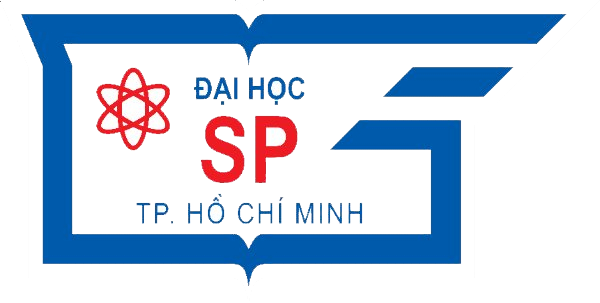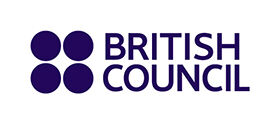About The Project
Funded by a British Council Going Global: Gender Equality Partnerships grant the EnPOWER project aims to address the gender imbalance in leadership roles in the Higher Education sector in Vietnam by challenging cultures of inequality and generating new ways of working that create, support and enable career pathways for women leaders.
The EnPOWER project will directly address women’s inequal access to leadership opportunities in Higher Education in Vietnam. Through building new evidence, generating visibility and legitimacy for women’s’ leadership capabilities and supporting peer to peer mentoring EnPOWER will contribute to transforming perceptions and practices around leadership and establishing a more even playing field for women leaders and aspiring women leaders.
The EnPOWER project will directly address the challenges and recommendations outlined in this emergent but important body of work. EnPOWER will achieve this by combining academic outcomes that build on and extend the existing body of knowledge with highly practical outcomes that directly impact on the lives of women leaders and the cultures within which they work. This combination will secure macro and meso level benefits that contribute to cultural change at institutional and department level and micro level benefits that directly impact on the confidence, agency and capabilities of women leaders and women who aspire to leadership roles.

Why EnPOWER?
Recent research indicates that despite the introduction of the Gender Equality Law introduced in 2006 by the Vietnamese government to promote equal opportunities to women reduce the Gender Gap Index score of 70% in Vietnam, “there are few women in leadership roles in several sectors including HE” (Maheshewari and Nayak (2020). Soryaly and Khon’s 2017 study of An Giang University noted for example that whilst 52% of academic staff were women only 32% had achieved a key leadership position.
Nguyen et al (2017) further note that women who have successfully progressed into leadership roles have often not had formal leadership training and most commonly learn ‘on the job’ by experience.
Dang’s 2012 case study of women in leaders’ in universities and colleges in the Meekong Delta also found that women who did progress to leadership roles tended to do so contingently and “unintentionally” (Dang, 2012:3). Dang describes a gap between ‘gender policies’ which proactively commit to seek the promotion of equality in all spheres of Vietnamese life and the ‘gender practices’ that pattern and frame everyday experience. Dang notes that “traditional Vietnamese culture, which is still heavily influenced by Confucian and feudal ideologies, continues to affect adversely not only men‘s but also women‘s perceptions of women‘s roles, status, and forms of participation in different spheres of life” their study found that “the negative impact of these collective beliefs on…academic women leaders...is pervasive and intense, regardless of their age.” (2021:3). Tran and Nguyen (2020) suggest that the consequence of this is in an unconscious preference towards male leaders which results in a struggle for women leaders to gain legitimacy.



